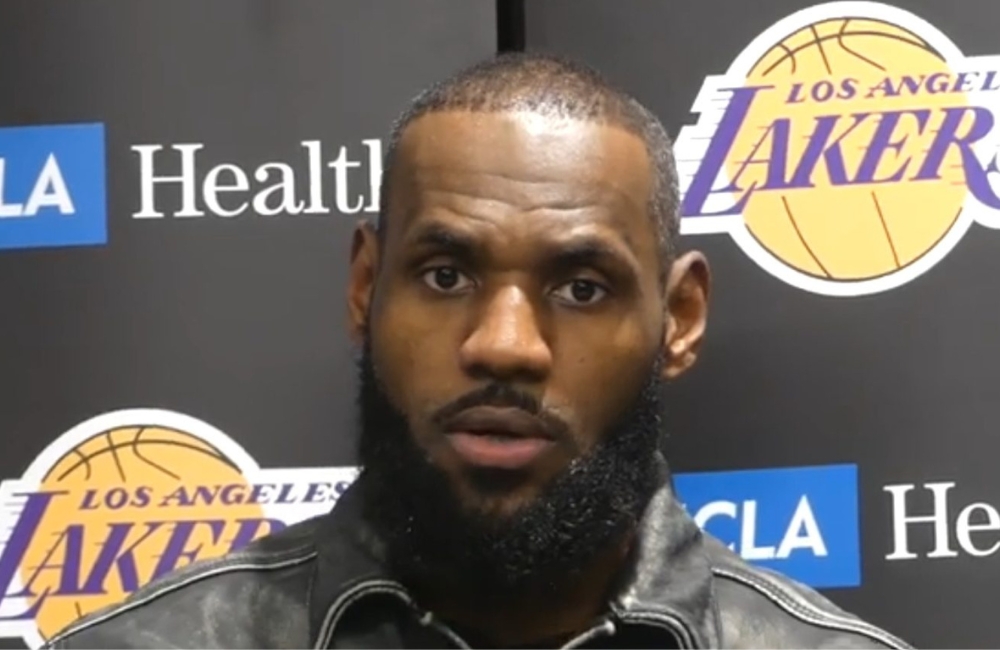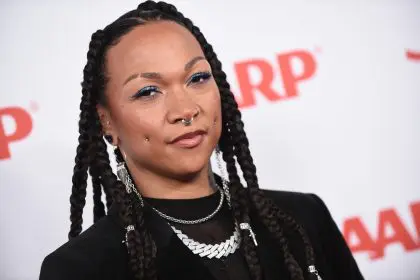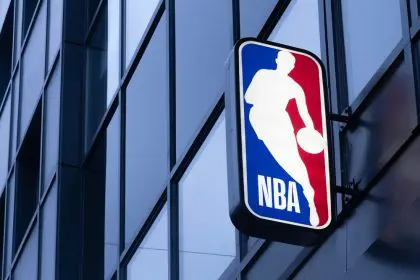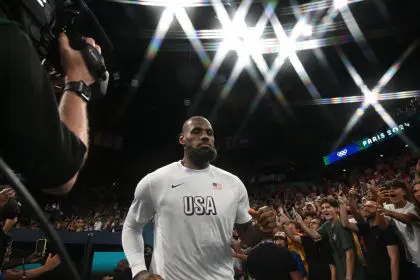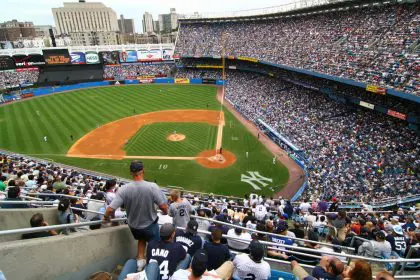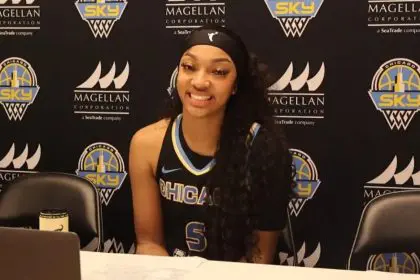NBA legend LeBron James and his son Bronny face a lawsuit filed on Oct. 22, 2024, regarding a November 2022 car incident. The timing coincides with their groundbreaking father-son debut for the Los Angeles Lakers, casting a shadow over what should have been purely a celebratory moment in basketball history.
Unveiling the allegations
The lawsuit, filed in California courts, stems from an incident on a Littlerock highway where April Almanza Lopez and Kiara Rae McGillen claim their vehicle was struck by the James family. The Nov. 13, 2022 accident resulted in reported injuries requiring ongoing medical attention. The plaintiffs seek compensation for medical expenses, vehicle damage and diminished car value, with proceedings scheduled for Feb. 19, 2025.
A milestone moment meets legal reality
The legal challenge emerges during a pivotal period for the James legacy. Their historic court appearance marked an unprecedented achievement in NBA history as the first father-son duo to share professional court time. The Lakers‘ victory against the Minnesota Timberwolves (110-103) added another layer of significance to their joint debut.
Professional impact and family dynamics
The lawsuit introduces complex challenges for basketball’s most watched family. As Bronny steps into professional basketball, following his father’s legendary footsteps, this legal matter adds unexpected pressure to their journey. The younger James, whose career has attracted attention since his early teens, now faces both athletic and legal challenges as he establishes his professional identity.
Looking ahead
Despite legal uncertainties, the James family maintains their focus on basketball excellence. The situation highlights the intricate balance between professional achievement and personal challenges that high-profile athletes navigate. Their response to this legal challenge will likely influence public perception and potentially impact their professional momentum.
The unfolding legal proceedings represent more than just a courtroom battle – they symbolize the complex intersection of athletic achievement and personal accountability. As the February hearing approaches, the sports community watches closely, recognizing that even legendary status doesn’t shield athletes from real-world complications.
This situation serves as a reminder that professional athletes, despite their achievements, face the same legal responsibilities as any citizen. The outcome of this case could influence how athletes manage personal conduct while maintaining their professional obligations.

